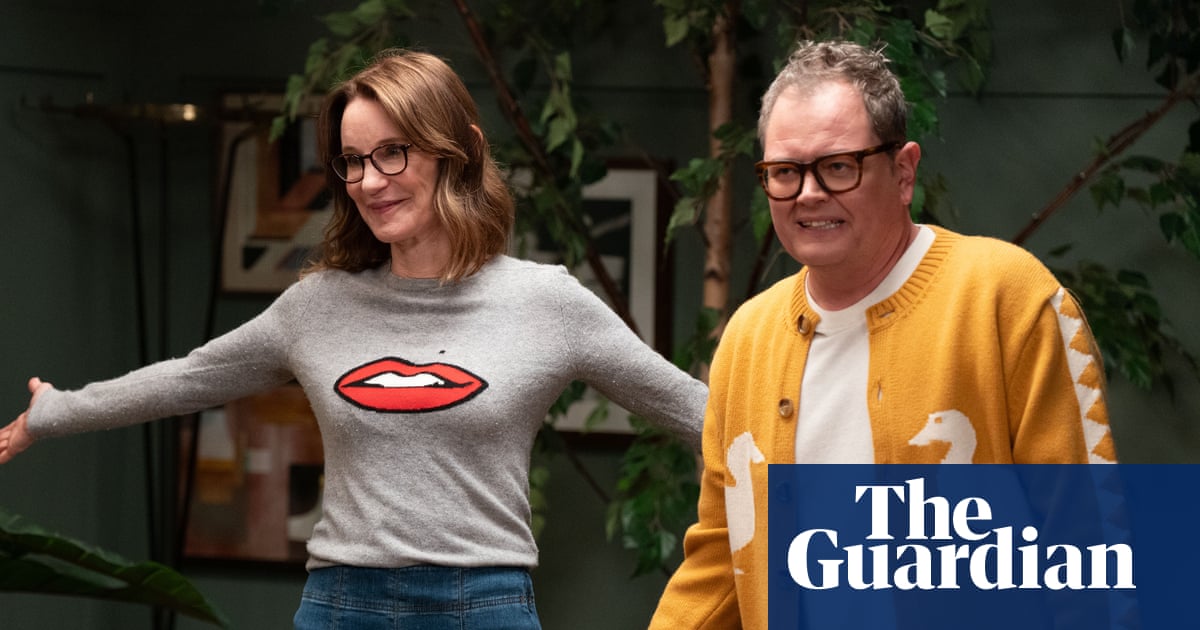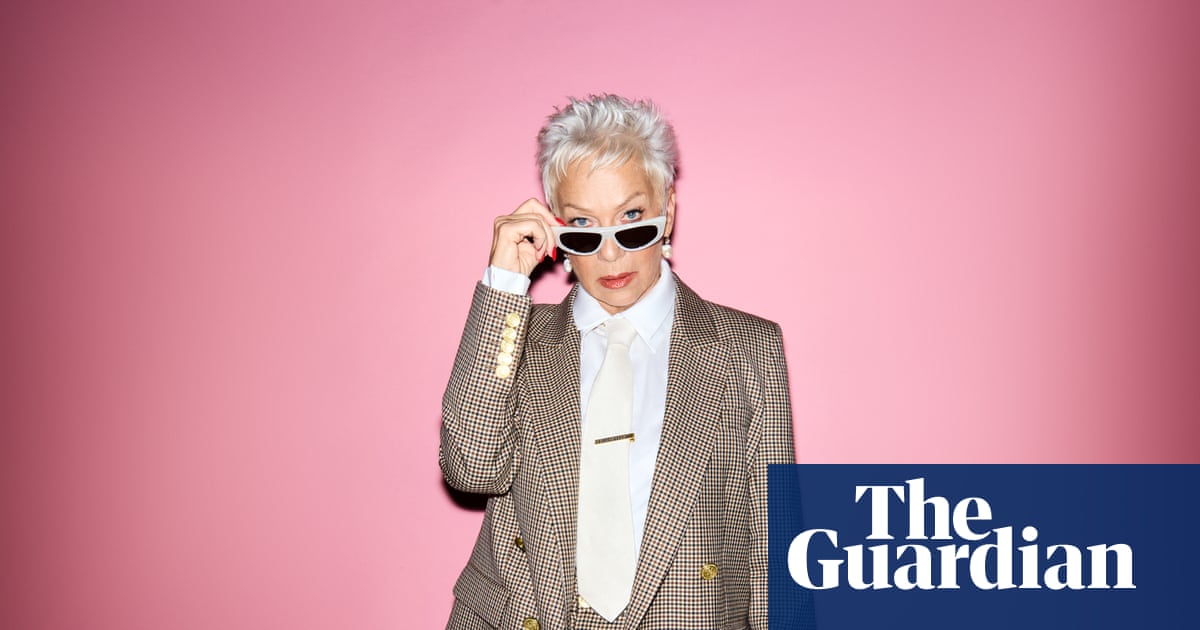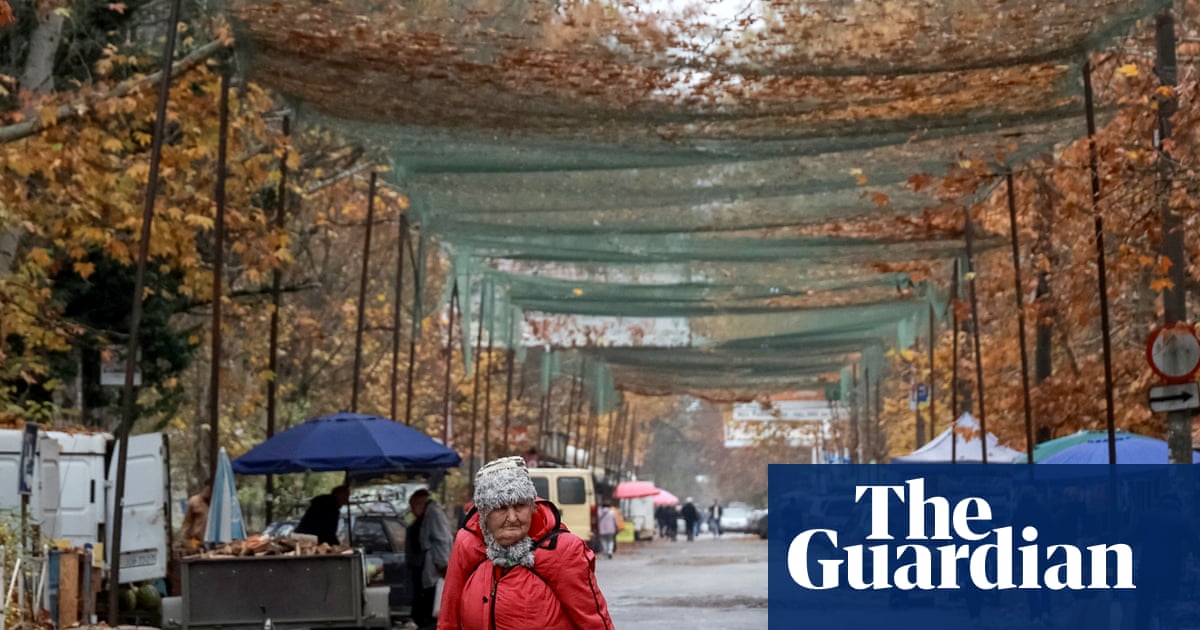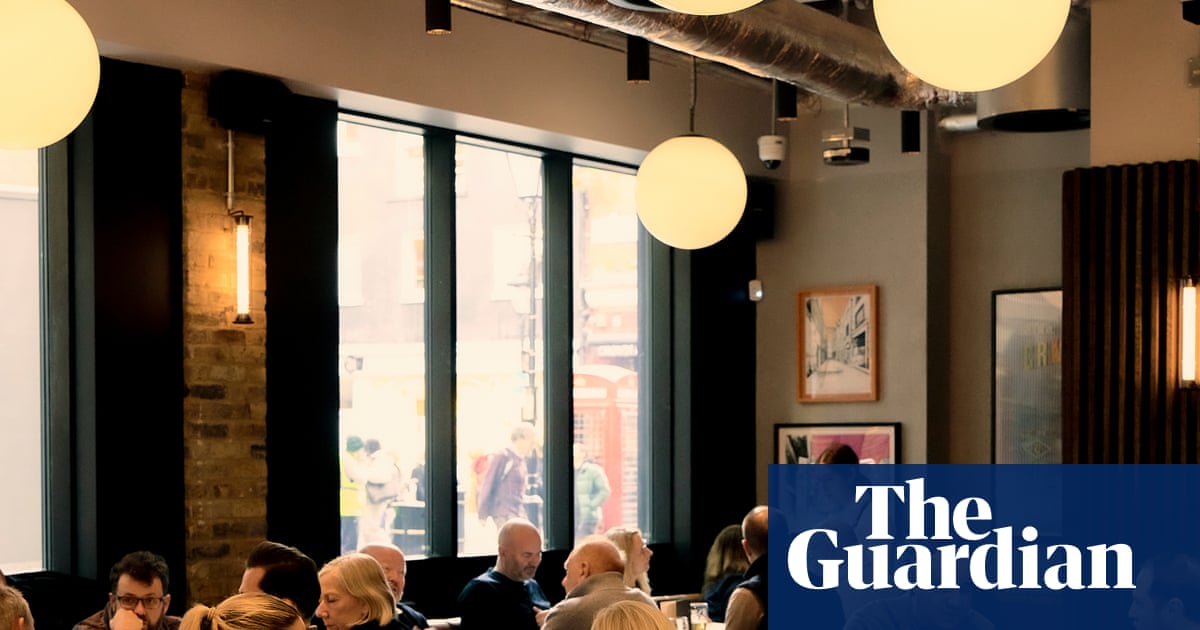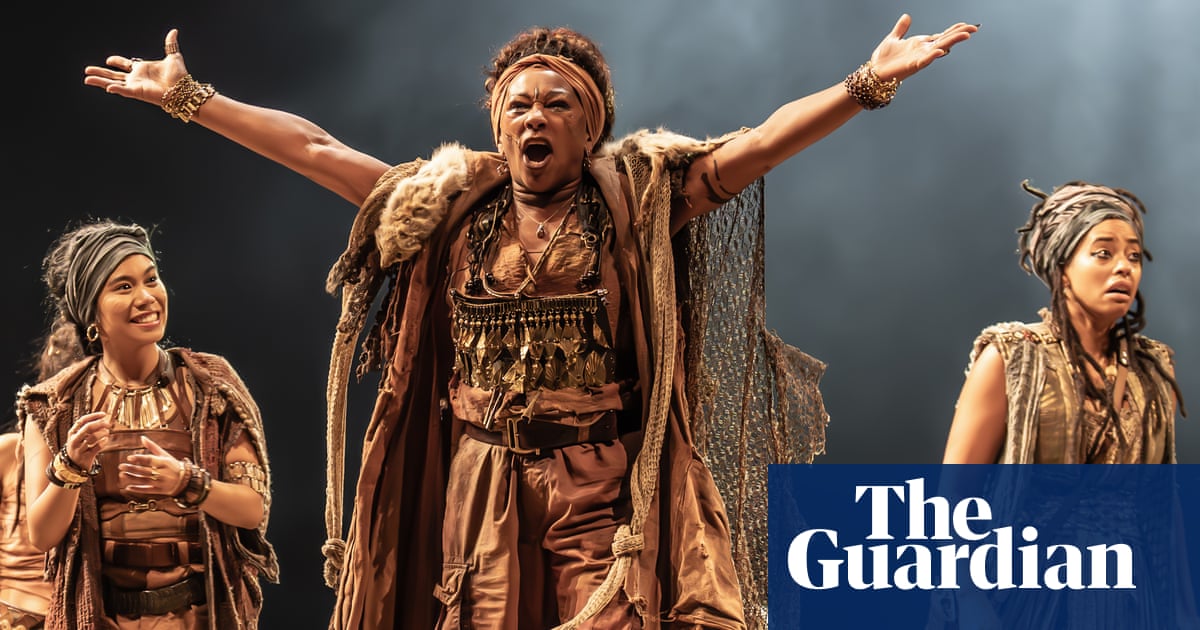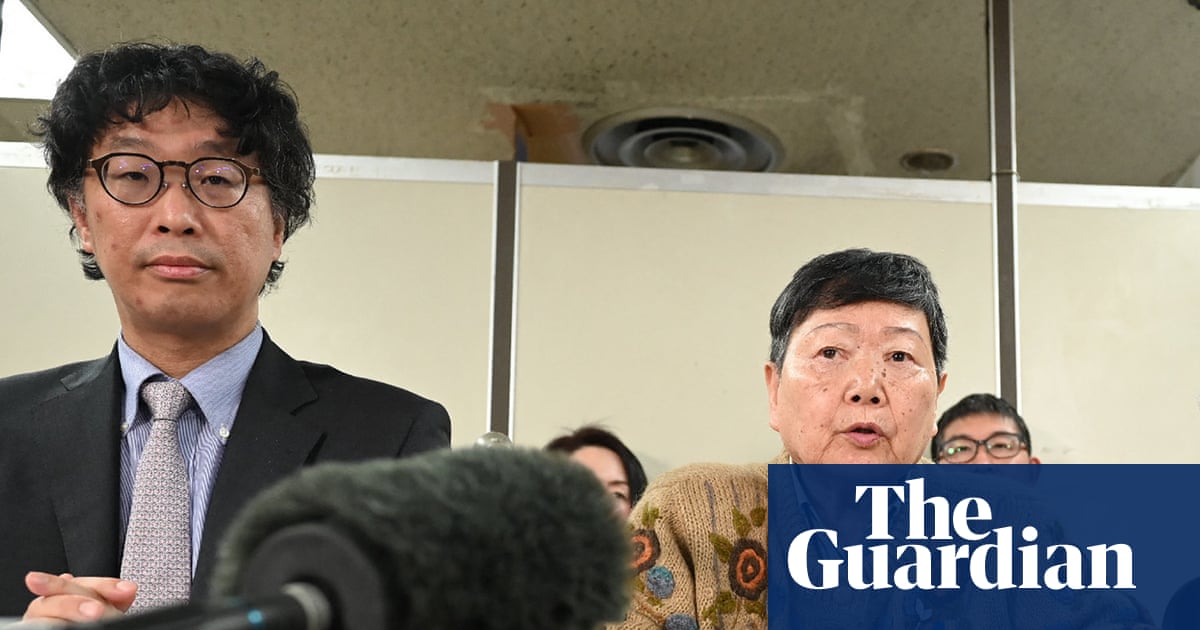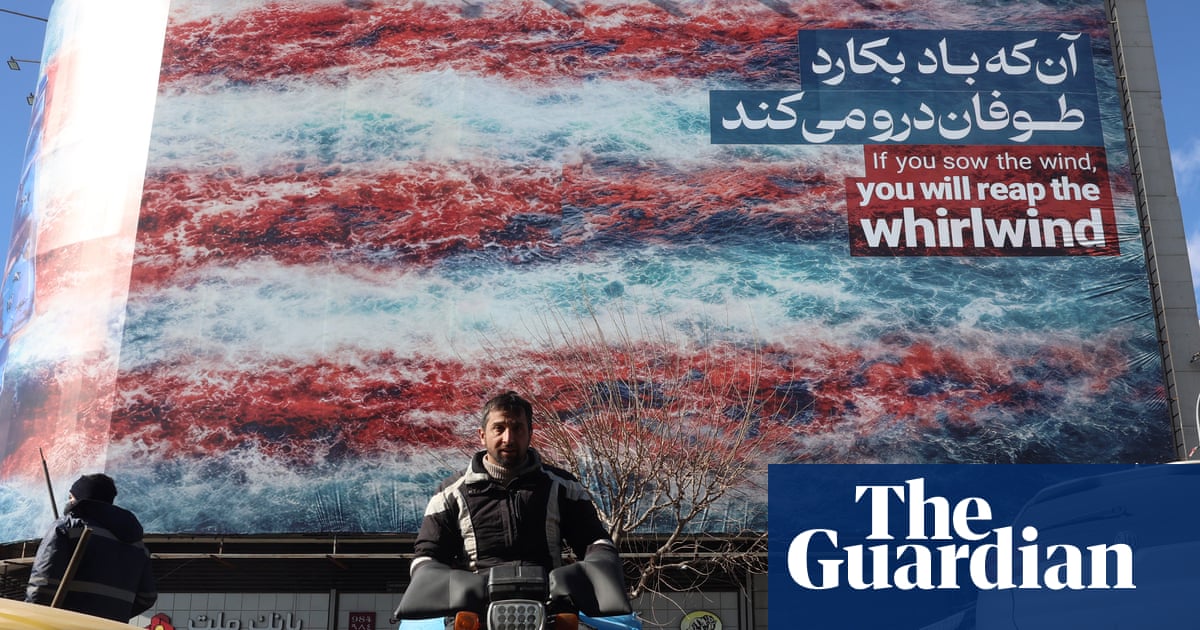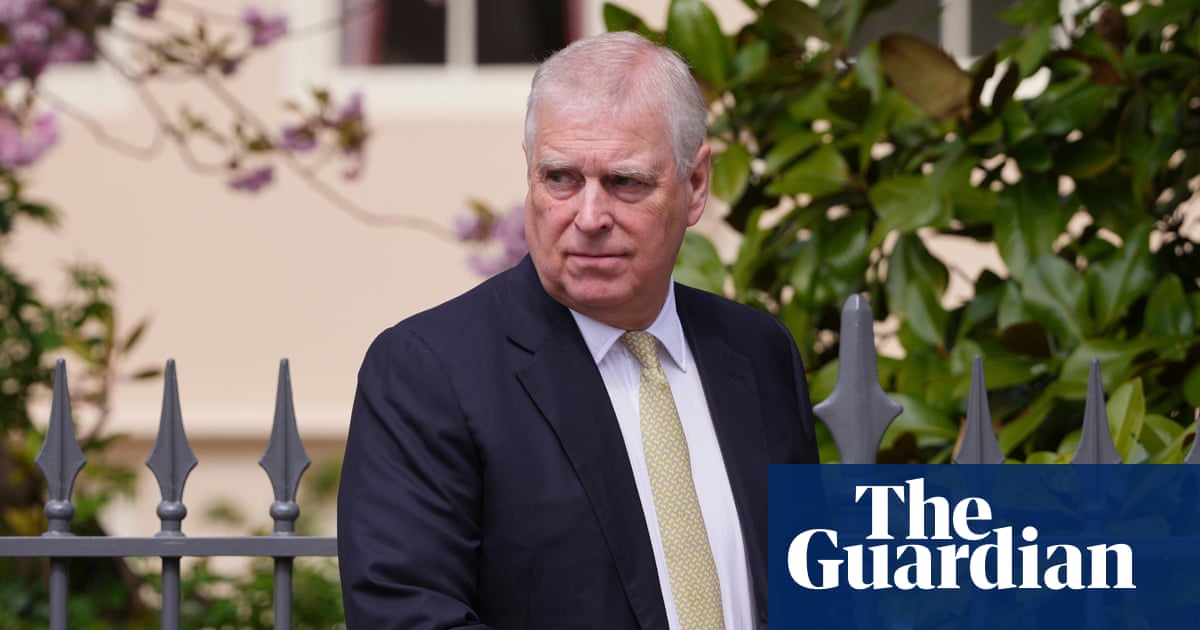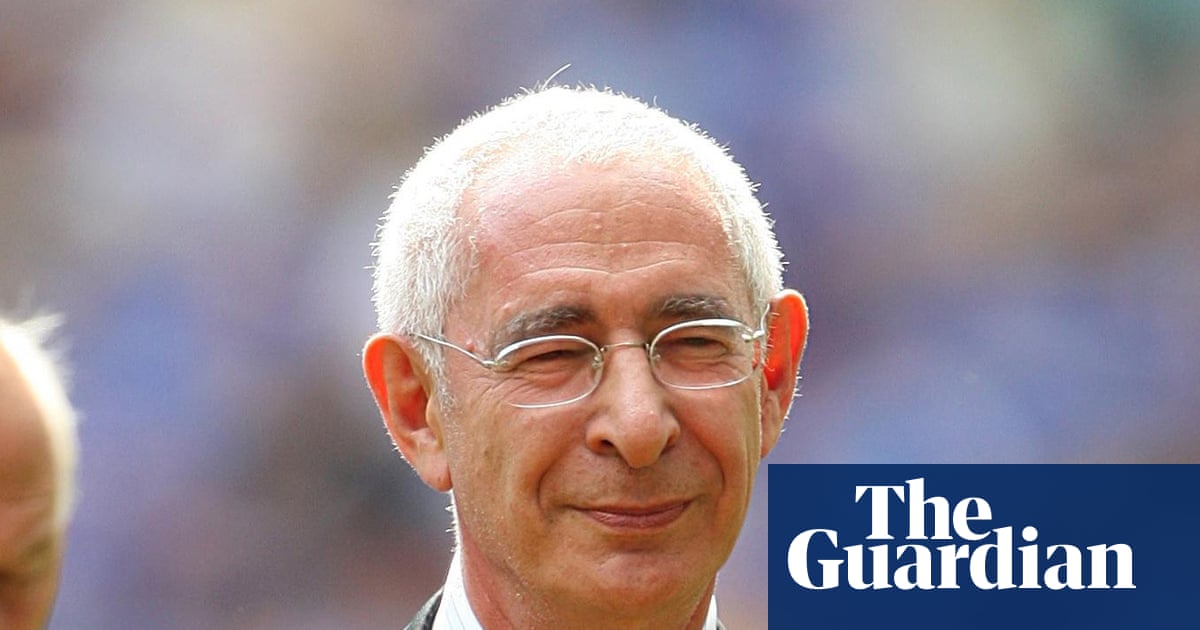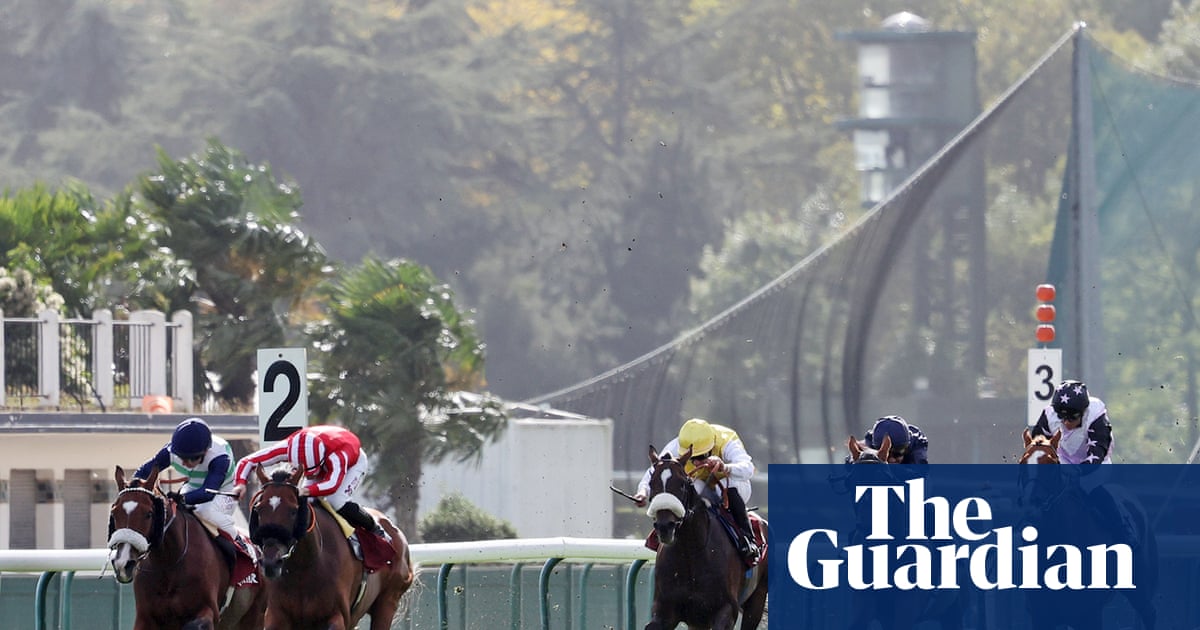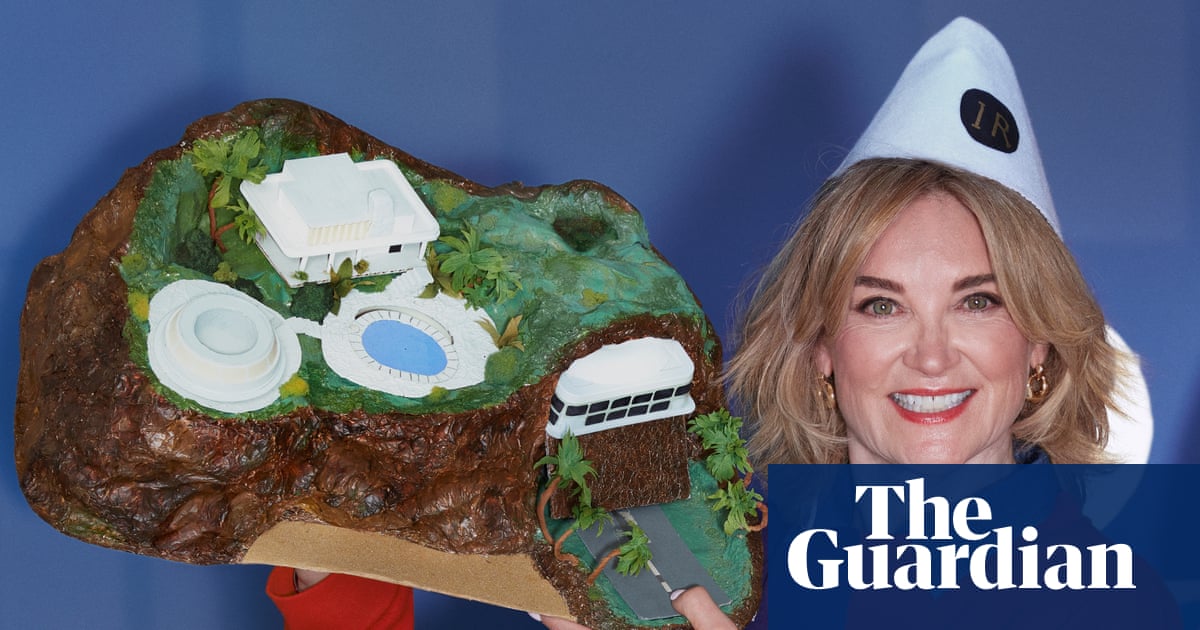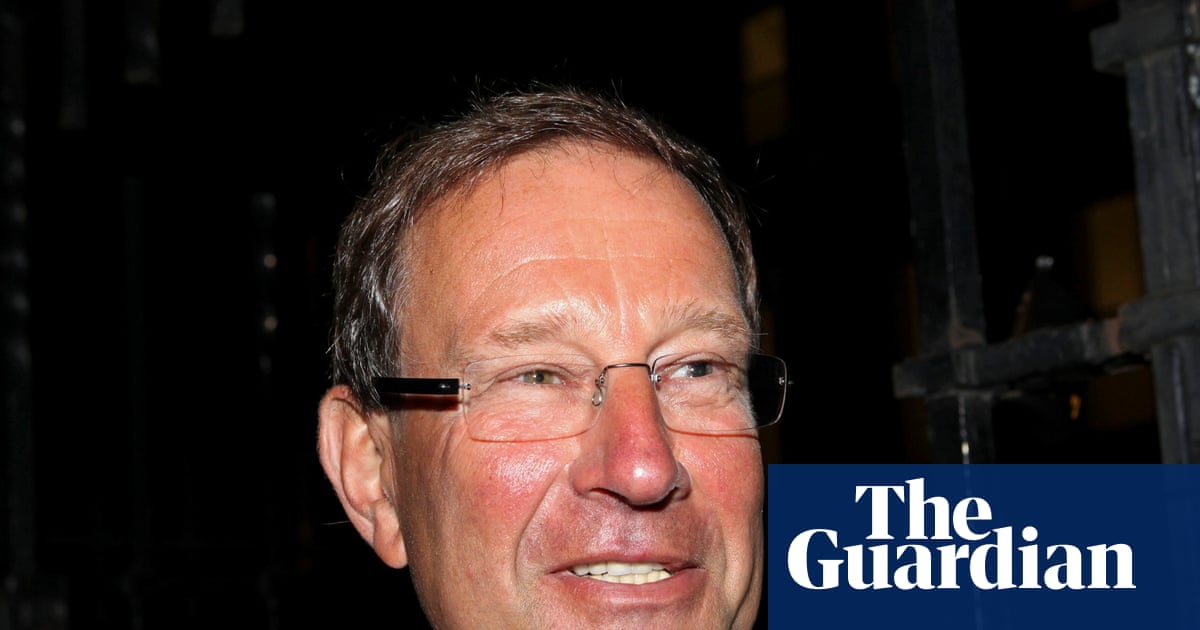The cover of Lily King’s new novel, Heart the Lover, features an abstracted face sobbing white tears on a tangerine background. It is an appropriate image, given that so many early readers – from BookTokkers to fellow authors – have reported weeping uncontrollably during the book’s final third.
For King, the reaction was unexpected. “I certainly felt a lot of emotion while I was writing. Not sobbing, more a deeper grief,” she says. But she describes the writing of her sixth novel, which begins with a 1980s college love story then revisits the same characters in middle age, as a joyful experience. “It was really great to just go back to the 1980s and college. It was a relief.”
King’s latest novel shares a “connective thread” with Writers & Lovers, her bestselling 2020 tale of a 31-year-old woman waitressing while striving to establish herself as an author, which counts Curtis Sittenfeld, Elizabeth Strout and Madeline Miller among its fans. Like that book, and 2014’s Euphoria, inspired by the life of 1930s anthropologist Margaret Mead, Heart the Lover features a love triangle (actually, in Euphoria the triangle is more of a square). This dynamic feels true to life, King says, at least in her experience: “You go through droughts with relationships and then it just pours.”
Yet King did not intend to write a love story this time. She was working on a “political murder mystery” titled Mercury Island during the pandemic. “I had about 90 pages, and I had run out of steam. I had a dead body on the first page, and I didn’t care how he died,” she laughs. Then her friend Ann Patchett sent her the manuscript of Tom Lake. “I thought, ‘Oh my God, she’s having so much fun. And I am having so much fun reading this.’” So she flipped to the back of her notebook and started writing Heart the Lover’s first scene.
King’s writing is warm and big-hearted – even when characters behave badly they are presented with sympathy – and she comes across the same way, speaking from the house she shares with her husband in Portland, Maine. She is curious, chatty, has a cascade of long, curly blond hair and exudes a sense of hearty outdoorsiness – she hikes and, as she tells me with a wince, “Dare I say, I have gotten really into pickleball.”
For all her buoyancy, she is devastated by the political situation in the US; her voice cracks when she talks about her fears for voting rights, and about the tech companies who strike her as “intent on pushing us away from each other – actively, deliberately – with seemingly no conscience or sense of responsibility. It just breaks my heart.”
Given the darkness of this moment, she admits that in the run-up to publication she sometimes wished she had written that political murder mystery, and not a love story, after all. At times she worried that the book’s title – taken from a card game the characters play – was too “schmaltzy”. One of her two grownup daughters even told her: “‘You use that title, you will ruin your career.’ That really haunted me!”
In the end, though, she decided to “go all in”. “Falling in love produces all of these great feelings and chemicals and hormones,” she says. “The extraordinary thing is that you can read a novel and feel those same things.” She is well aware that love stories are sometimes discussed “in a belittling way. I really want to push back against that, because I don’t know what else we have if we don’t have love?”
King knew she wanted to be a writer from her first high school creative writing class. But the road, she says, was “very, very, slow”. She studied English as an undergraduate, and a master of fine arts in creative writing at Syracuse University, then, similarly to her Writers & Lovers protagonist, Casey, paid the rent waiting tables. Her first novel was published when she was 36.
She says she developed writerly, watchful instincts during her “chaotic” Massachusetts childhood, which encompassed periods at home alone with her unhappily married parents while her two older siblings were at boarding school, and then the acquisition of 14 step-siblings after her parents divorced when she was 11, remarrying three times between them. Her father “was a really serious alcoholic. I don’t know how he got all these wives to marry him!” she says. Each family setup was so different. “There were four different cultures. I became very adept at watching for signs of how that culture operated, how I would survive best and how to protect myself.”
after newsletter promotion
She also read a lot as a child, and it was Judy Blume’s novels about teenage girls navigating complex social dynamics that inspired her to write. She and Blume are now friends, having met during an online event during the pandemic. That “has been an incredible honour. She gave me everything. I feel like I would not have this career if I hadn’t read her books.”
These days, she is a diverse reader. “I always keep a copy of Virginia Woolf’s To the Lighthouse on my desk, as well as The Evening of the Holiday by Shirley Hazzard,” she says. She is a longterm devotee of Tessa Hadley, Strout and Colm Tóibín, and cites My Friends by Hisham Matar, about three Libyan exiles living in London, as a recent favourite. At the moment it is “useful to read dissident literature about countries in authoritarian crises. I’ve read a lot of those books all my life – now it’s with a totally different perspective. We Americans have always had an exceptionalist point of view, as though that would never come here. And so I think those stories are so important – but we also need to balance our reading so we don’t get terrified into numbness and inertia.”
That, in the end, is why she decided to embrace her accidentally written love story. Fiction “allows us to see things from so many perspectives. That is such an important part of living communally,” she says. When we connect with others through fiction, it reminds us “that the huge majority of people on this Earth are genuinely good and have love in their hearts”.

 3 months ago
76
3 months ago
76
